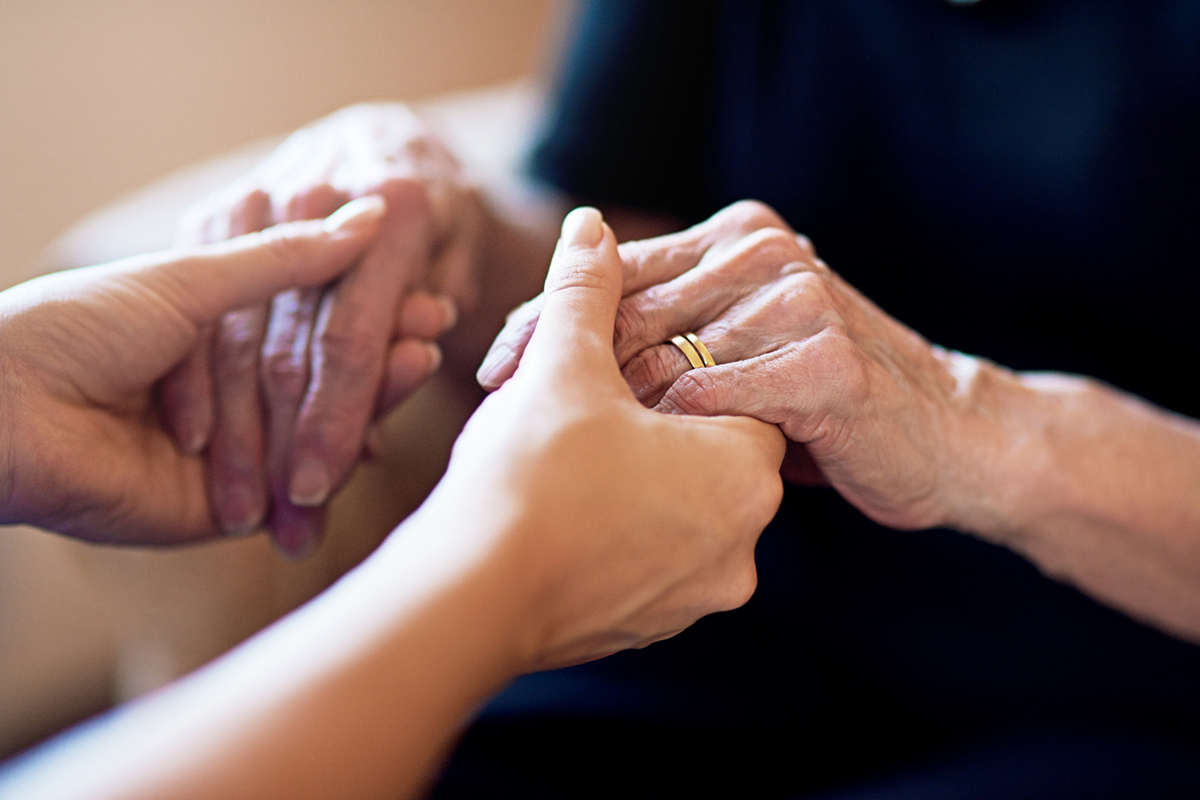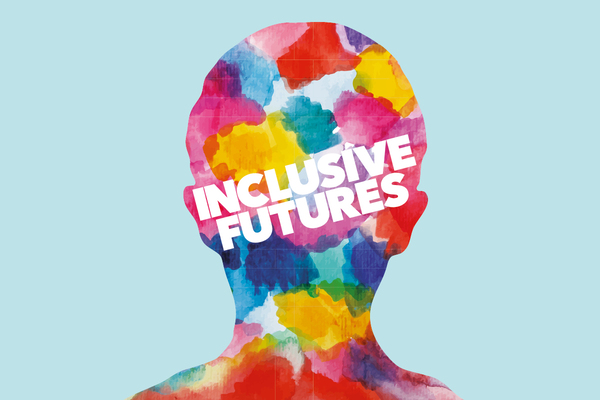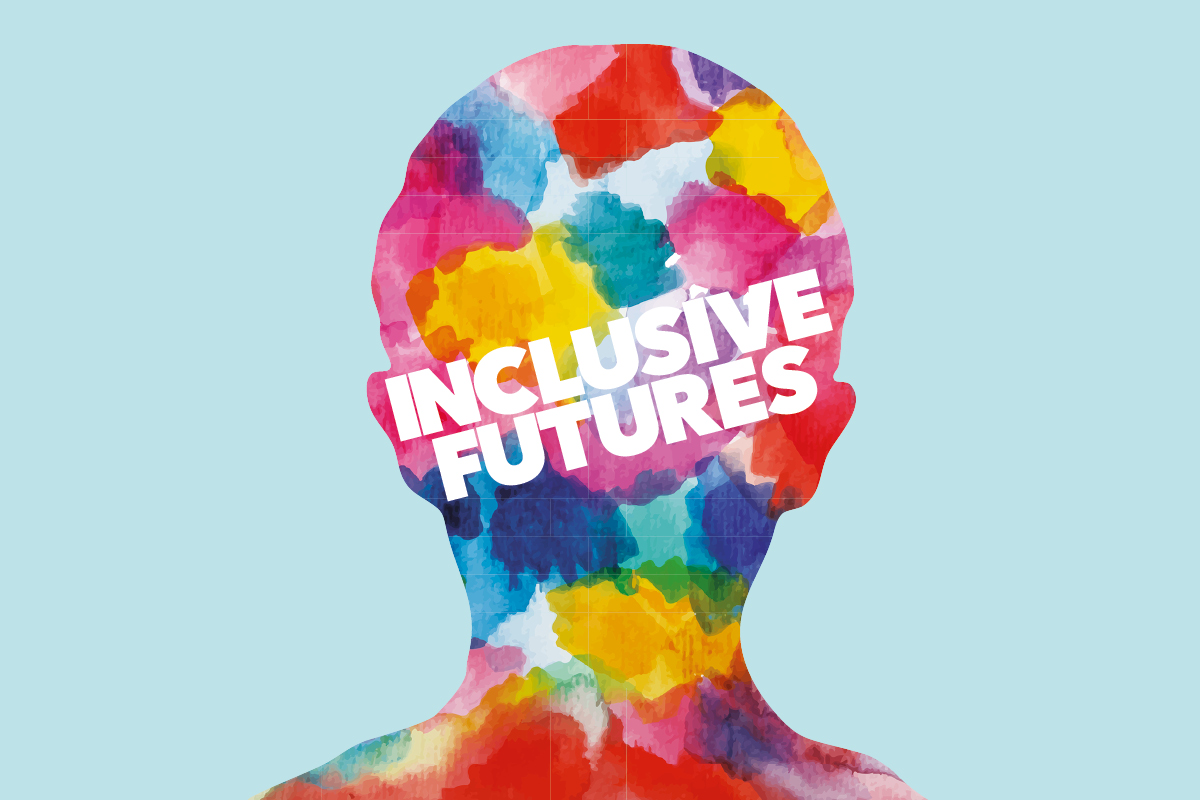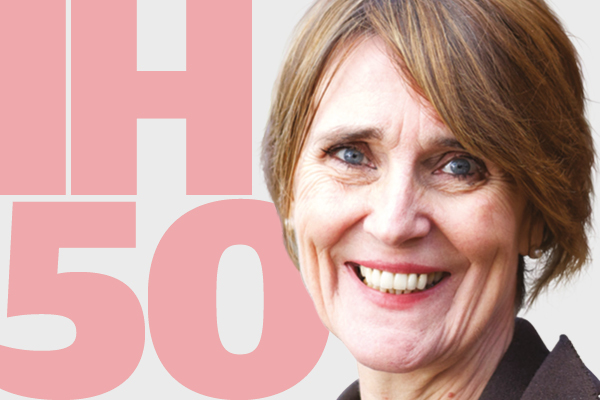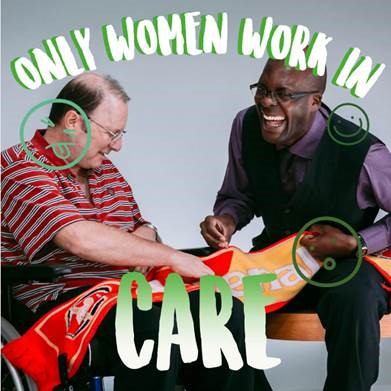You are viewing 1 of your 1 free articles
Caring for older people is seen as ‘women’s work’
Social housing and care providers have a responsibility to change the narrative around women and care, says Jane Ashcroft
It’s hard to remember a time when gender issues were more high profile. But there’s one element which remains woefully under the radar.
When it comes to caring for older people, the general consensus is that it’s women’s work. Housing and care providers, both mainstream and specialists, have a responsibility – and an urgent need – to change the narrative.
New research by Anchor has found that women feel a much greater burden of responsibility for supporting elderly relatives than men.
When asked, women are significantly more likely to feel guilty about the level of support they can offer to older relatives in need of care.
“Women feel a much greater burden of responsibility for supporting elderly relatives than men.”
Women are also significantly more likely to work in social care.
According to the King’s Fund, about 80% of all jobs in adult social care are done by women; the proportion in direct care and support-providing jobs is even higher, at 85-95%.
Historically, there has been some logic to the imbalance. Female life expectancy was longer than male so, generally, the older people needing support were more likely to be female and want female carers. And the flexible hours which sometimes come with such roles were more suited to women who needed to juggle work and family commitments.
But all that is changing.
The growth of industrialisation coupled with improved care in childbirth meant that, back in the 1960s, women could expect to live more than six years longer than men.
That gap began shrinking in the 1970s as life expectancies for both sexes shot up.
Today, increasing longevity for both sexes means providers of housing and care to older people face an unprecedented recruitment challenge.
The adult social care sector in England, including provision of sheltered and extra care housing, will need to add approximately one million workers by 2025 in response to population ageing and the implied increase in the numbers of people with disabilities.
In that environment, achieving a more diverse workforce is not just a laudable intention, it’s a burning necessity.
At Anchor, we’re keen to attract more men to the organisation – and images such as this one, which we used for an online recruitment campaign recently, are helping to challenge perceptions.
Our retirement housing and care homes are already home to increasing numbers of men. In response, our care homes are dedicating resources to creating what might be considered more traditionally male environments and activities.
Take, for example, the pub at our Birkenhead Court care home in Merseyside, or the one recently created at Selkirk House in Plymouth, complete with jukebox, dartboard and pool table.
This year, Anchor celebrates its 50th anniversary. The organisation has changed enormously since it started out and will continue to do so. In our retirement housing, we need to recognise that we may be providing homes to increasing numbers of couples in future, for example.
“Successive governments have shirked responsibility for older people’s care, meaning many people, particularly women, feel immense pressure.”
People’s care and support needs – and the state’s ability to provide for them – have also changed. While it has suited a succession of politicians to urge families to do more to care for their older relatives, Anchor’s research found 94% of older people say they don’t want their care provided by their children.
Let’s also not forget that not everyone has children. The vast majority of older people say they would rather receive support from a specialist.
Successive governments have shirked responsibility for older people’s care, meaning many people, particularly women, feel immense pressure.
The reality of demographic change is that more older people have complex needs requiring specialist care.
“We need greater recognition that older people’s care and housing can be a driver of economic growth, rather than just a cost.”
Of course, one of the reasons care has been seen as ‘women’s work’ is that it hasn’t been valued.
As well as greater understanding of the expertise involved in providing care and support to older people with increasingly complex needs, we need greater recognition that older people’s care and housing can be a driver of economic growth, rather than just a cost.
There are reasons to be cheerful.
The renaming of the Department of Health to include “…and Social Care” shouldn’t be dismissed as spin. It’s an ever-present reminder to politicians, officials and the public of the importance of the issues.
And the secretary of state for health and social care must reflect the responsibilities of the title, prioritise reform and ensure every older person receives the care they deserve in older age.
Jane Ashcroft, chief executive, Anchor
Inclusive Futures
Inside Housing’s Inclusive Futures campaign aims to promote and celebrate diversity and inclusion.
We are pledging to publish diversity audits of our own coverage.
We are also committed to proactively promoting positive role models.
We will do this through the pages of Inside Housing. But we will also seek to support other publications and events organisations to be more inclusive.
Our Inclusive Futures Bureau will provide a database of speakers and commentators from all backgrounds, for use by all media organisations.
We are also challenging readers to take five clear steps to promote diversity, informed by the Chartered Institute of Housing’s diversity commission and the Leadership 2025 project.
THE INCLUSIVE FUTURES CHALLENGE
Inside Housing calls on organisations to sign up to an inclusive future by taking five steps:
Prioritise diversity and inclusion at the top: commitment and persistence from chief executives, directors and chairs in setting goals and monitoring progress.
Collect data on the diversity of your board, leadership and total workforce and publish annually with your annual report. Consider gender, ethnicity, disability, sexuality, age, and representation of tenants on the board.
Set aspirational targets for recruitment to the executive team, board and committees from under-represented groups.
Challenge recruiting staff and agencies to ensure that all shortlists include candidates from under-represented groups.
Make diversity and inclusion a core theme in your talent management strategy to ensure you support people from under-represented groups to progress their careers.
INSIDE HOUSING’S PLEDGES
We will take proactive steps to promote positive role models from under-represented groups and provide information to support change.
We pledge to:
Publish diversity audits: We will audit the diversity of the commentators we feature. We will formalise this process and publish the results for future audits twice a year.
Promote role models: We will work to highlight leading lights from specific under-represented groups, starting in early 2018 with our new BME Leaders List.
Launch Inclusive Futures Bureau: We will work with the sector to compile a database of speakers, commentators and experts from under-represented groups. The bureau will be available to events organisers, media outlets and publications to support them to better represent the talent in the sector.
Take forward the Women in Housing Awards: Inside Housing has taken on these successful awards and will work to grow and develop them.
Convene Inclusive Futures Summit: Our new high-level event will support organisations to develop and implement strategies to become more diverse and inclusive.

